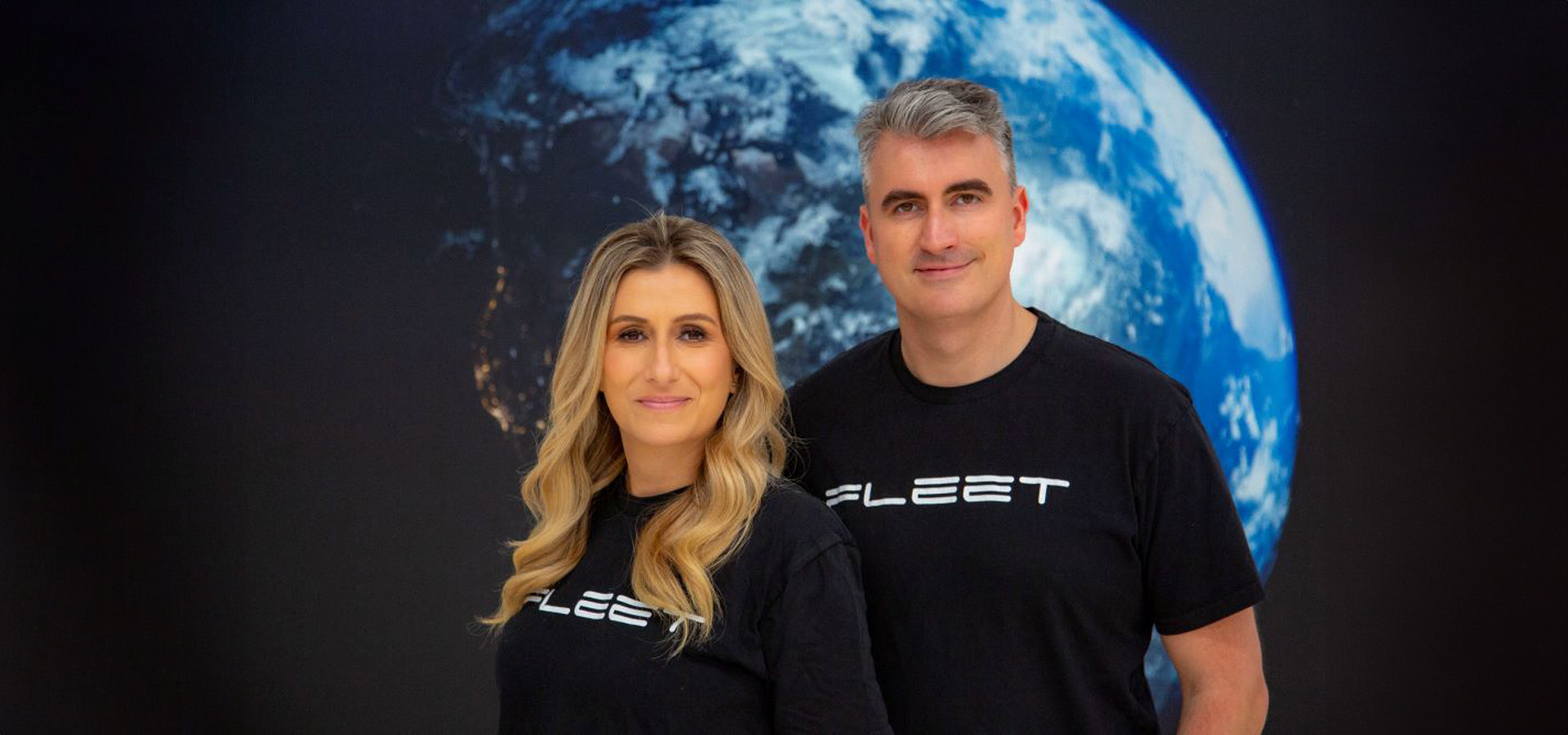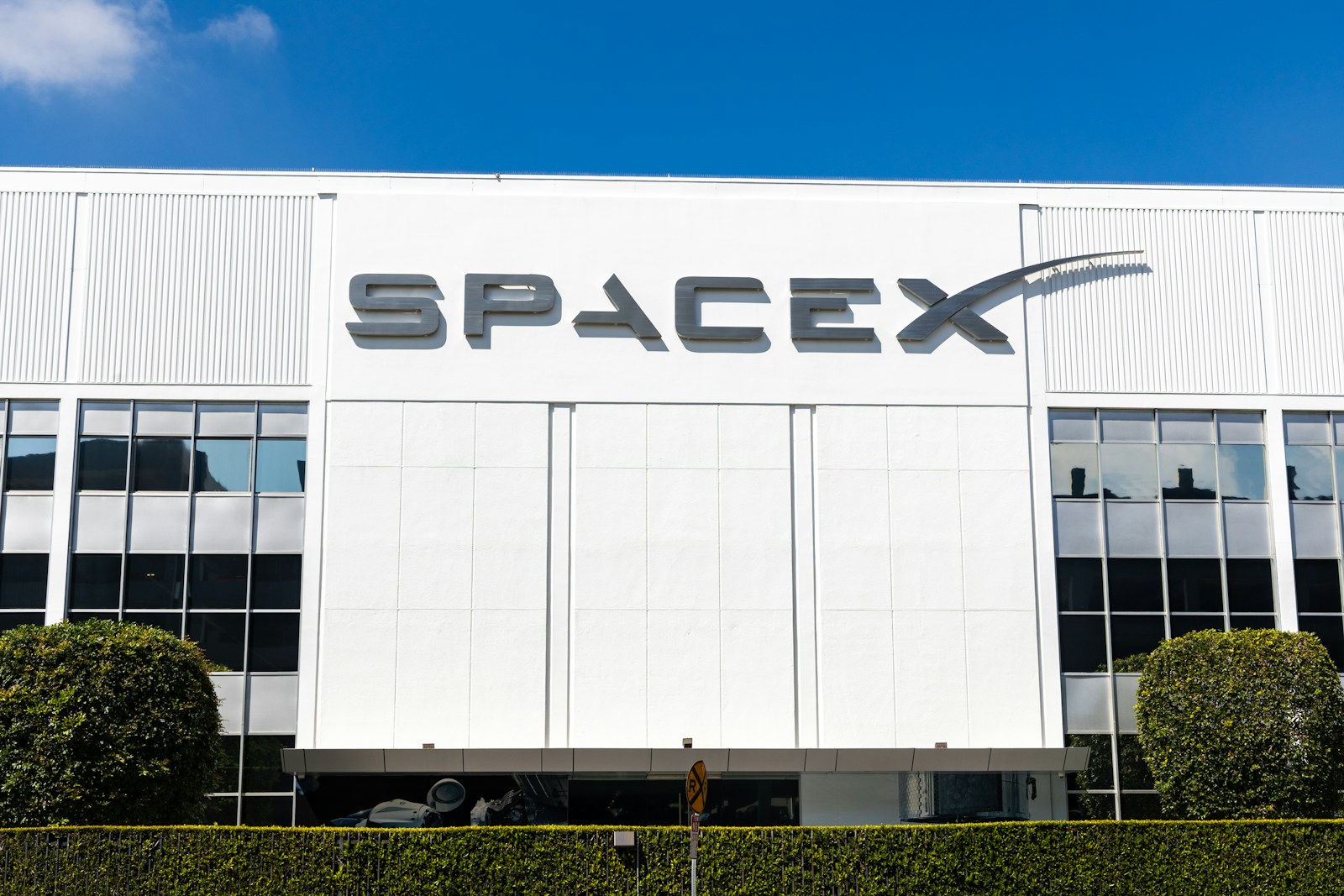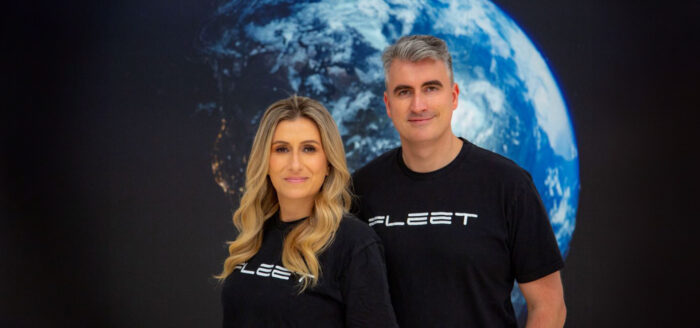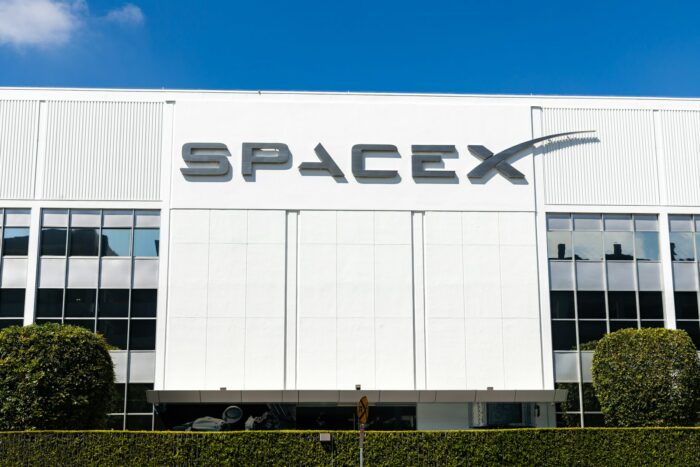The scaling up of the space economy at an explosive pace is an intricate narrative; it is an intersection of numerous emerging technologies and platforms such as artificial intelligence, quantum computing, and telecommunications. Uncovering this complex plot, we turn to Zaheer Ali, a physicist turned space economist, Professor of Practice at the Thunderbird School of Global Management, Managing Director at NewSpace Finance, and COO of Positon, who brings unique insights integrated from the academic and business domains of the space industry.
As a child fascinated with the world of space, Ali was always driven by an eagerness for understanding the world around him. His underlying love for technology and its impacts on human life was fueled further after the 9/11 attacks and his subsequent experiences at Lawrence Livermore National Laboratory.
“The direct impact on human life of emergent technology was never more clear to me than in the time when we realized how naked we were as a national security complex against certain threats,” shares Ali.
This led to a deep-seated interest in emerging technologies – a field where he could make an impact and address societal problems, which aligned perfectly with his career trajectory.

Indeed, Ali has been part of various domains such as fundamental research at universities and national labs, high-performance compute strategy for commercial and defense applications, a wide variety of aeronautic and space research, and entrepreneurship in emerging technologies such as with Positon.ai. But nothing stands out like his growing interest in the space market.
“Space exploration and human exploration in general, throughout history, drive the development of emerging technologies,” explains Ali.
These advancements encompass various fields – high performance compute, AI, propulsion, robotics, even quantum technology. According to Ali, working in space means essentially working across all emerging technologies as all of them are needed to solve the problems the space environment and space exploration present.
“I’m super excited about in-space assembly, manufacturing and servicing… the opportunity to do things like grow organs, create materials,” Ali elaborates. “… the biggest thing for me, is the eventual concept of space resource capture,” continues Ali.
The lucrative potential of space technologies isn’t merely restricted to Mars missions or lunar landings; they strike a direct impact on Earth. Ali points to the vast array of satellite applications, from Earth observation imaging to communication, that are revenue-generating and useful for humanity. More tangibly, space can unlock a new era of critical resource capture and propel our access to critical metals, which, according to Ali, is becoming increasingly dependent on Chinese control.
Given the advantages of space technologies, Ali sounds a cautionary note on the societal lessons of our progress. He insists on the need to avoid repeating the exploitative history of exploration and calls for a more globally inclusive perspective.
“Even as we need to beat China, you have to realize that people there are just people there, and that they’re a part of humanity”, he emphasizes. “Competition is good, competition drives, but at the same time, if we don’t do this with a more global perspective, then then we risk replicating many mistakes of the past.”
Ali insists that the field should invoke hope, aspiration, and inspiration and unify humanity.
While recognizing the hype around data and AI, Ali reminds us not to overlook the escalating battle over critical mineral resources in space.
“Our economy is going to be defined by our access to critical metals moving forward. Whether it’s for renewables and power, transportation, or national security and defense,” says Ali.
In all, Zaheer Ali paints a fascinating picture of an interconnected ecosystem of emerging technologies, with space being the driving force. His intriguing insights hint at a future teetering on the boundary of what is technologically achievable and what will define our humanity. His advice for humankind venturing into space serves as an appeal for insightful leadership that preserves our better angels as we navigate the future frontiers.
Featured image: Zaheer Ali. Picture courtesy of Zaheer Ali
Share this article:










